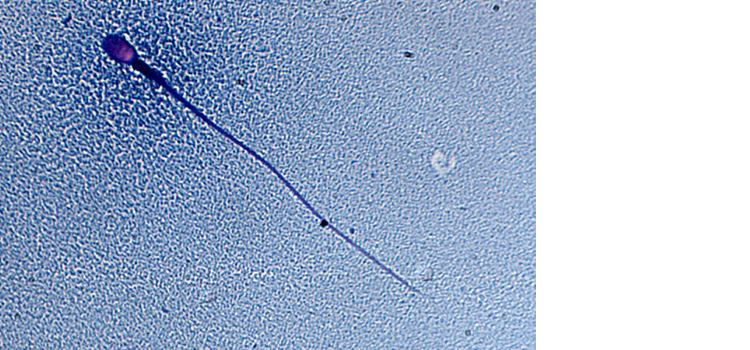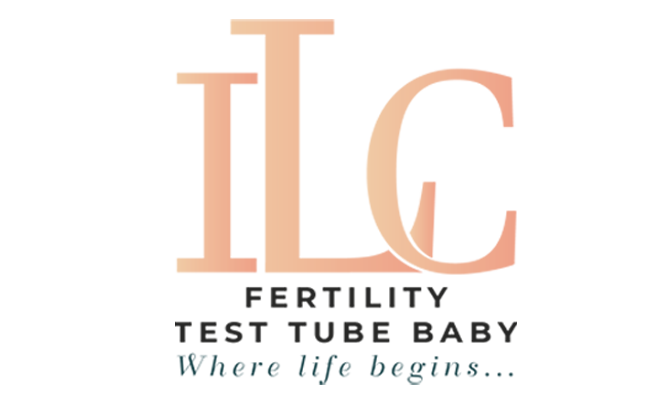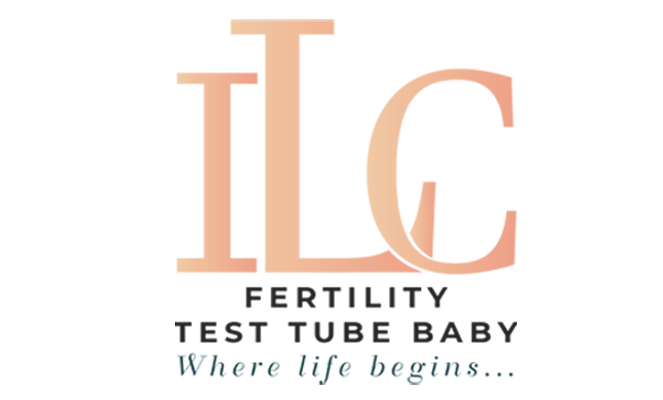HORMONE STUDIES (MALE)

What is Follicular Monitoring?
Ovulation study is usually done between days 12-16 of the menstrual cycle. Day one is day the menses start. At times follicular study or monitoring may be commenced earlier or may finish later depending on the duration of menstrual cycles and regularity of ovulation.
When is it advised?
To detect ovulation. On Ultrasound the growing follicle is tracked and monitored serially. At some point of time, usually between Day 12-16 the follicle will become irregular and disappear indicating that ovulation has occurred. It is performed in the following conditions: (a) To confirm that ovulation is occurring normally and for timed intercourse. (b) To monitor the response of Ovarian Stimulation drugs during IUI, IVF, IVF – ICSI.
How is it done?
Ovulation study is best performed by transvaginal ultrasound. In some cases abdominal USG can be performed but it is not optimal. Transvaginal ultrasound although inconvenient is more accurate and does not need a full bladder to be performed.
How Often will I be called ?
Transvaginal Sonography may be done every day or every alternate day depending on the rate of growth of the follicle.
Alternatives: Urinary LH Kits: Easily available and easy to use but indicate LH surge not ovulation and at times may be wrong (3%) also costlier than Trans Vaginal Ultrasound. Blood test: Serum progesterone can be done but that indicates past ovulation and not eminent one and also the fact that it involves a needle and has cost implications.
What will be reported at the end of Follicular Monitoring?
The following are reported at the end of Follicular Monitoring:
- Number of growing follicles in each ovary
- Rate of growth of follicles
- Whether ovulation is taking place or not
- Endometrial Thickness during various stages of the cycle

